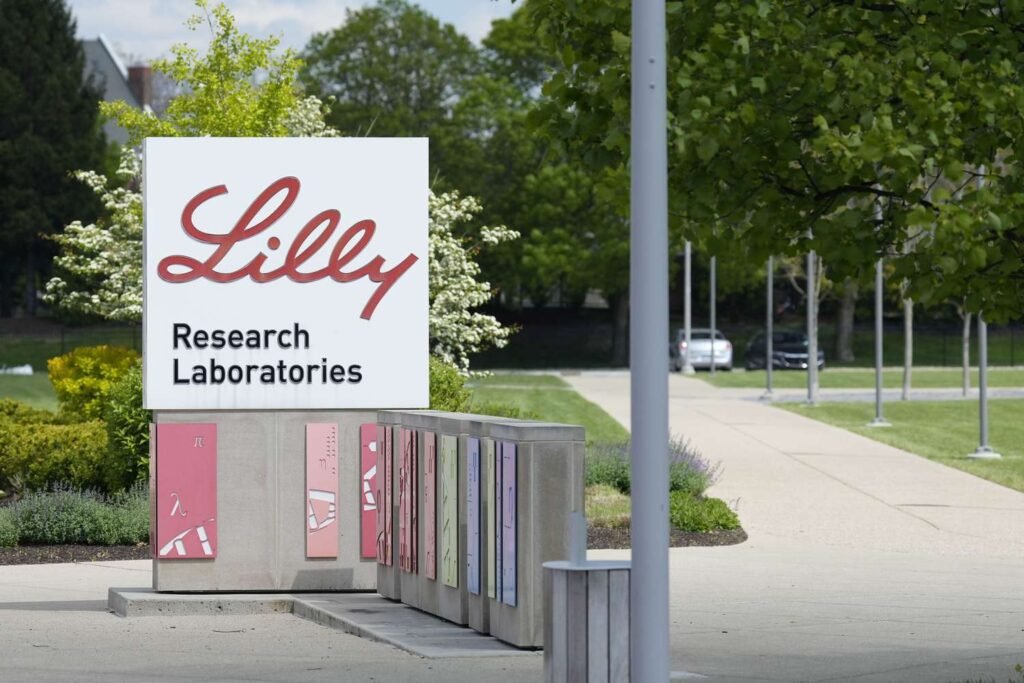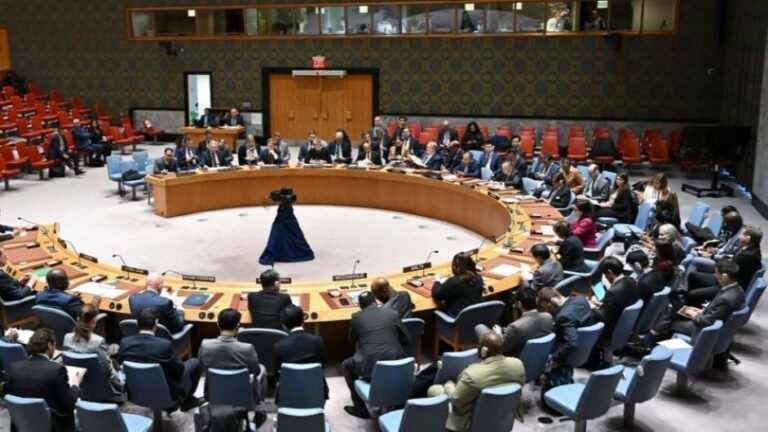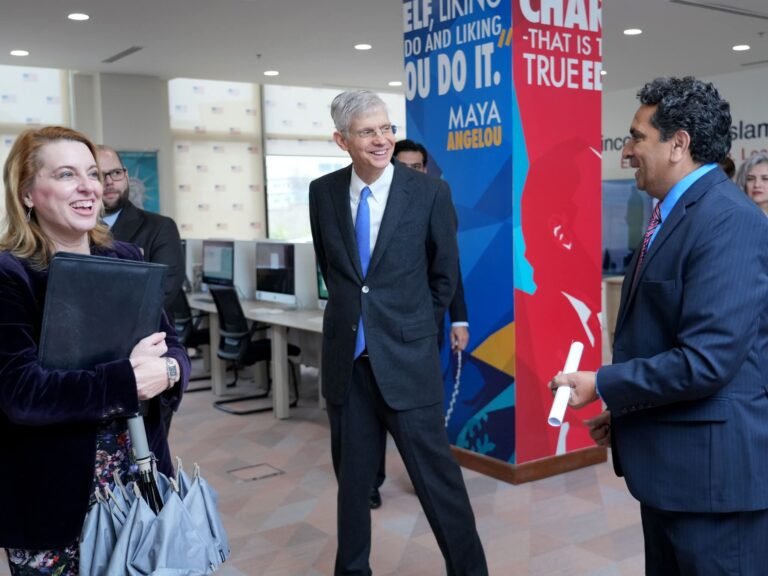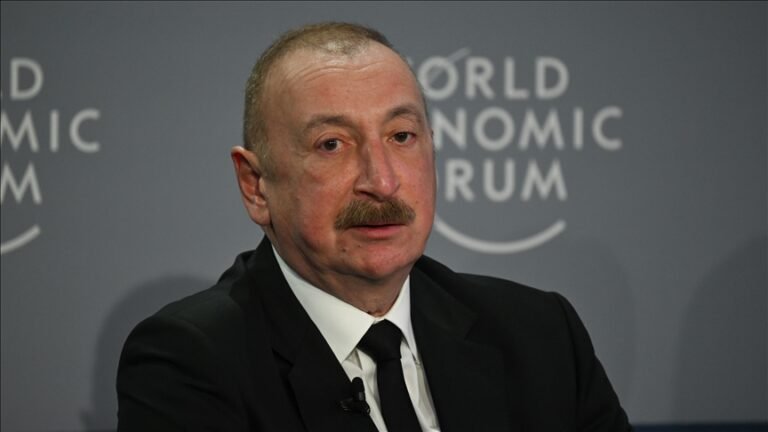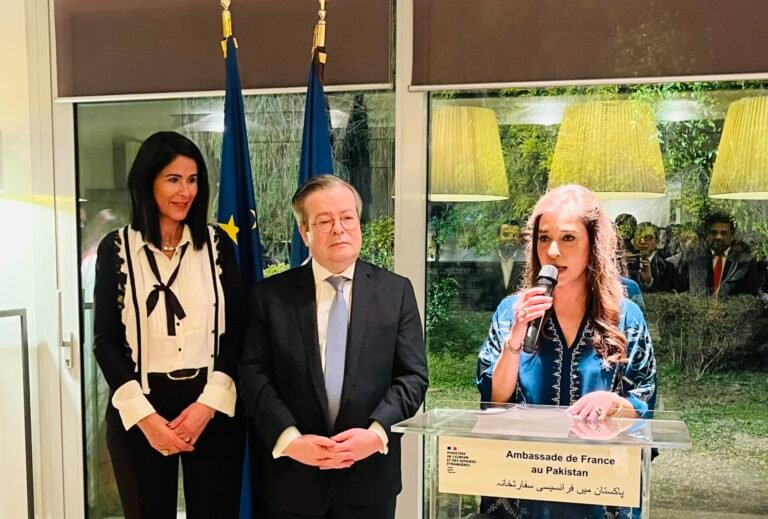Berlin, 17 November 2023 (TDI): Eli Lilly has announced its ambitious plan to construct a high-tech manufacturing facility in Alzey, Germany, with an investment of €2.3 billion ($2.5 billion).
In Germany, Vice Chancellor and Minister of Economics Robert Habeck and Minister of Health Karl Lauterbach attended a press conference where this unveiling took place.
The company aims to meet the growing demand for diabetes medications and plans to introduce additional drugs in the upcoming years, further strengthening its diverse pharmaceutical portfolio.
Eli Lilly announced plans to construct a new $2.5 billion high-tech manufacturing site in Alzey/Germany. 1,000 highly skilled workers will be employed. This demonstrates again the attractiveness of Germany as an industrial location and as a hub for the European common market. pic.twitter.com/ybLWsIUUyu
— Jens Hanefeld (@GermanAmbUSA) November 17, 2023
The facility is scheduled to open its doors in 2027 and will employ up to 1,000 highly skilled engineers, plant operators, and scientists.
The state-of-the-art manufacturing site will utilize advanced technologies, including automation and high-speed production lines.
The construction set to start in 2024 is expected to create an additional 1,900 jobs, contributing to the growth of the local economy.
Edgardo Hernandez, Executive Vice President and President of Lilly Manufacturing Operations expressed, “This state-of-the-art injectable manufacturing site with the latest technology will enable us to continue to reliably provide safe, high-quality medicines.”
Vice-Chancellor Robert Habeck commented, “The decision to locate here is good news for Germany as a business location.
It creates new and sustainable jobs, shows the confidence of companies in the attractiveness of our pharmaceutical and industrial location, and contributes to improved healthcare for our citizens.”
Federal Minister of Health Karl Lauterbach emphasized the investment’s positive impact on Germany’s pharmaceutical landscape. He stated,
“This investment strengthens the Federal Government’s efforts to make Germany more attractive as a location for pharmaceuticals.”
Also Read: Germany voices concern on Russia’s termination of BSGI
Ilya Yuffa, President of Lilly International, expressed the company’s commitment to collaboration and innovation in Germany and Europe.
He stated, “With our investment plans in Alzey, we want to take collaboration and innovation in Germany and Europe to a new level and pursue one goal together: finding sustainable solutions for patients.”
Furthermore, he mentioned, “We have not allocated the $100 million yet, but it is our commitment to use this in a variety of ways, accelerating science and innovation in the great institutions here in Germany.”
Muhammad Idrees Khan is a contributing author on TDI.
- This author does not have any more posts.

